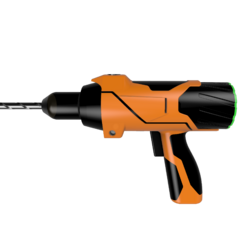Why Do I Need Higher Mhz Memory?
-
Featured Topics
-
Topics
-
0
-
eric_s ·
Posted in Troubleshooting0 -
Bublito ·
Posted in Troubleshooting3 -
2
-
1
-
7
-
Siamshot ·
Posted in New Builds and Planning2 -
theolaa ·
Posted in Networking1 -
Marmitello ·
Posted in New Builds and Planning3 -
Gerowen ·
Posted in Networking0
-


















Create an account or sign in to comment
You need to be a member in order to leave a comment
Create an account
Sign up for a new account in our community. It's easy!
Register a new accountSign in
Already have an account? Sign in here.
Sign In Now